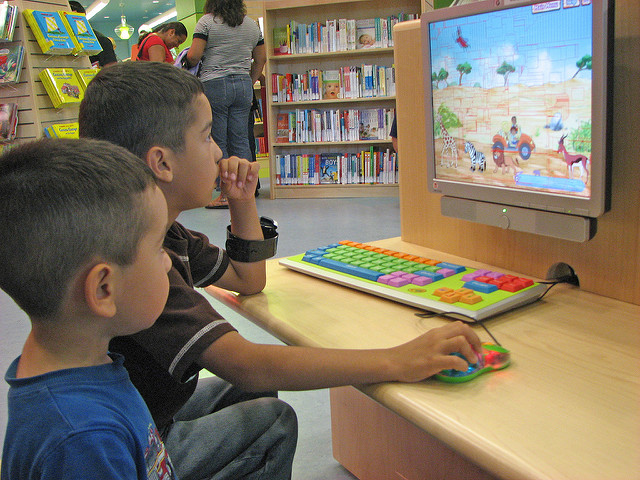
A researcher, formerly of Bath Spa University in the UK, who studies how computer games are designed, has retracted a paper and corrected three others after she said she became aware that they all contained plagiarism.
The common author of the four papers, Dana Ruggiero,
focuses on praxis in design for persuasive technology, multimedia installations, and affective knowledge, including the application of games for social issues such as higher education, homelessness, juvenile offenders, children in care, and healthcare.
The retraction notice for “Project-based learning in a virtual internship programme: A study of the interrelated roles between intern, mentor and client,” a paper which first appeared in Computers & Education in July 2017, reads:
The authors have plagiarized part of a paper that had already appeared in Educational Technology Research and Development, 56 (2008) 329-359, http://dx.doi.org/10.1007/s11423-006-9009-2. One of the conditions of submission of a paper for publication is that authors declare explicitly that their work is original and has not appeared in a publication elsewhere. In this instance, the authors have presented citations from the aforementioned research paper as direct text. Re-use of any data should be appropriately cited. As such this article has not properly observed the ethics of the scientific publishing system. The scientific community takes a very strong view on this matter and apologies are offered to readers of the journal that this was not detected during the submission process.
The correction notices, which all appeared in Computers in Human Behavior, begin in a similar way:
The author regrets that after verbatim copying sentences from Lavender (2008) for notes on a presentation she forgot to reword them four years later when finalizing the manuscript, however, references were supplied to the original work. What follows are the quotations from the original sources, now in quotation marks.
One of the corrected papers has been cited 14 times, according to Clarivate Analytics’ Web of Science.
The fault, Ruggiero tells Retraction Watch, was hers, and not her co-authors’:
Two of the articles that had corrections had words taken verbatim from a presentation I did as a graduate student. The article that was retracted and the last correction article were two that I was writing and editing while going through a complicated late miscarriage and subsequent breakdown. I should not have been working during this time. However, I did work and take full responsibility for the corrections and retraction.
(We asked her if she would prefer that we not name the specific health issues; she said it was fine for us to do so.)
Ruggiero, who has written for Times Higher Education and for The Conversation, tells us that she resigned her position at Bath Spa University in May 2017.
Like Retraction Watch? You can make a tax-deductible contribution to support our growth, follow us on Twitter, like us on Facebook, add us to your RSS reader, sign up for an email every time there’s a new post (look for the “follow” button at the lower right part of your screen), or subscribe to our daily digest. If you find a retraction that’s not in our database, you can let us know here. For comments or feedback, email us at [email protected].
That is very sad and shows honesty and courage on the part of the author, who had gone through a real life dreadful experience.